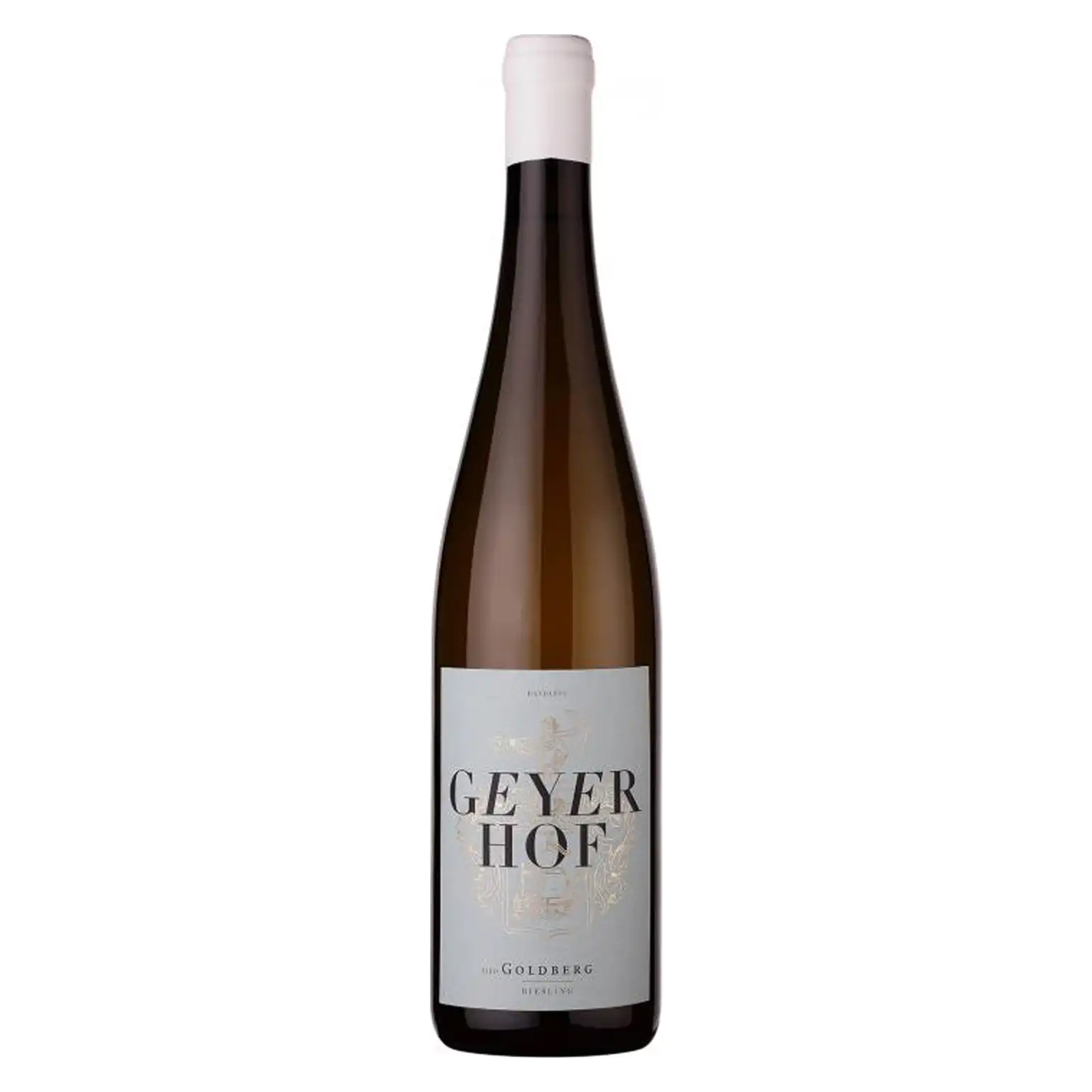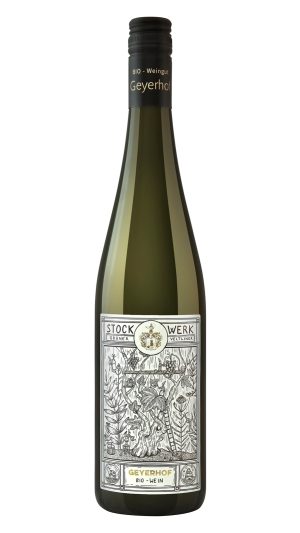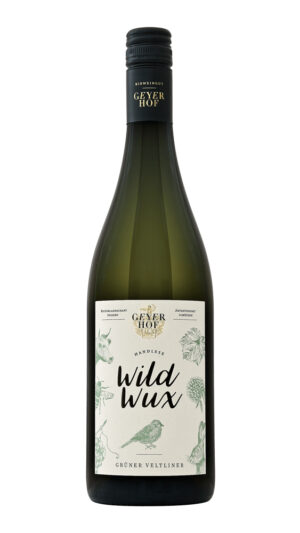Geyerhof Ried Goldberg 1ÖTW 2021
Type: White
Country: Austria
Region: Kremstal
Grape Variety: 100% Riesling
Alcohol Percentage: 13%
Viticulture: Biodynamic | Certified Organic | Vegan Friendly | Natural Wine
Climate: Continental climate characterised by cold winters, hot dry summers, and often a large diurnal temperature flux with hot days, and cold nights
Terroir: Grapes from 90-year-old vines at Goldberg, close to the banks of the Danube at Hollenburg. Organically grown Goldberg’s unique soil consisting of limestone and gravel. This soil is the result of millions of years of pressure that has transformed loess, clay and gravel into what it is today
Ageing: The Goldberg is pressed as whole bunches in an old-fashioned basket press and then rested for 20 months in steel tanks with the yeast before bottling
Color: Gold
Nose: Aromas of currant, pomegranate and spices
Palate: Full with intensity, body and precision alongside a refreshing acidity and juicy fruit profile
About the Winery: The history of the old estate began almost 800 years ago, in the little village of Oberfucha in Kremstal, Lower Austria. Here, winemaking has been part of the family’s life for more than 14 generations, an occupation deeply rooted in the landscape. Today, as well as in the past, arable land, hedgerows, cattle, pigs, chickens and bees complete their idea of holistic farming. Vineyards cover 19 hectares in Kremstal with plots in Gaisberg, Golberg, Hoher Rain, Johannisberg, Kirchensteig, Sprinzenberg and Steinleithn. The winery strongly advocates diversity over of monoculture, with the belief that their vines are a smaller part of a larger whole.
The Geyerhof team spends over 5000 hours pruning, trellising and working on the rootstocks and canopies each year. They only hand-harvest with an emphasis on organic viticulture. Only by giving nature a place in and around the vineyard, are they able to receive back the best nature has to offer. Over 13% of their land consist of hedges and nature conservation areas. Diverse cover crops with numerous wild herbs offer an additional habitat for a multitude of useful insects in our vineyards. The ecological interplay renders the use of insecticides unnecessary, reinforces the resilience of the vines and promotes healthy soil life.







